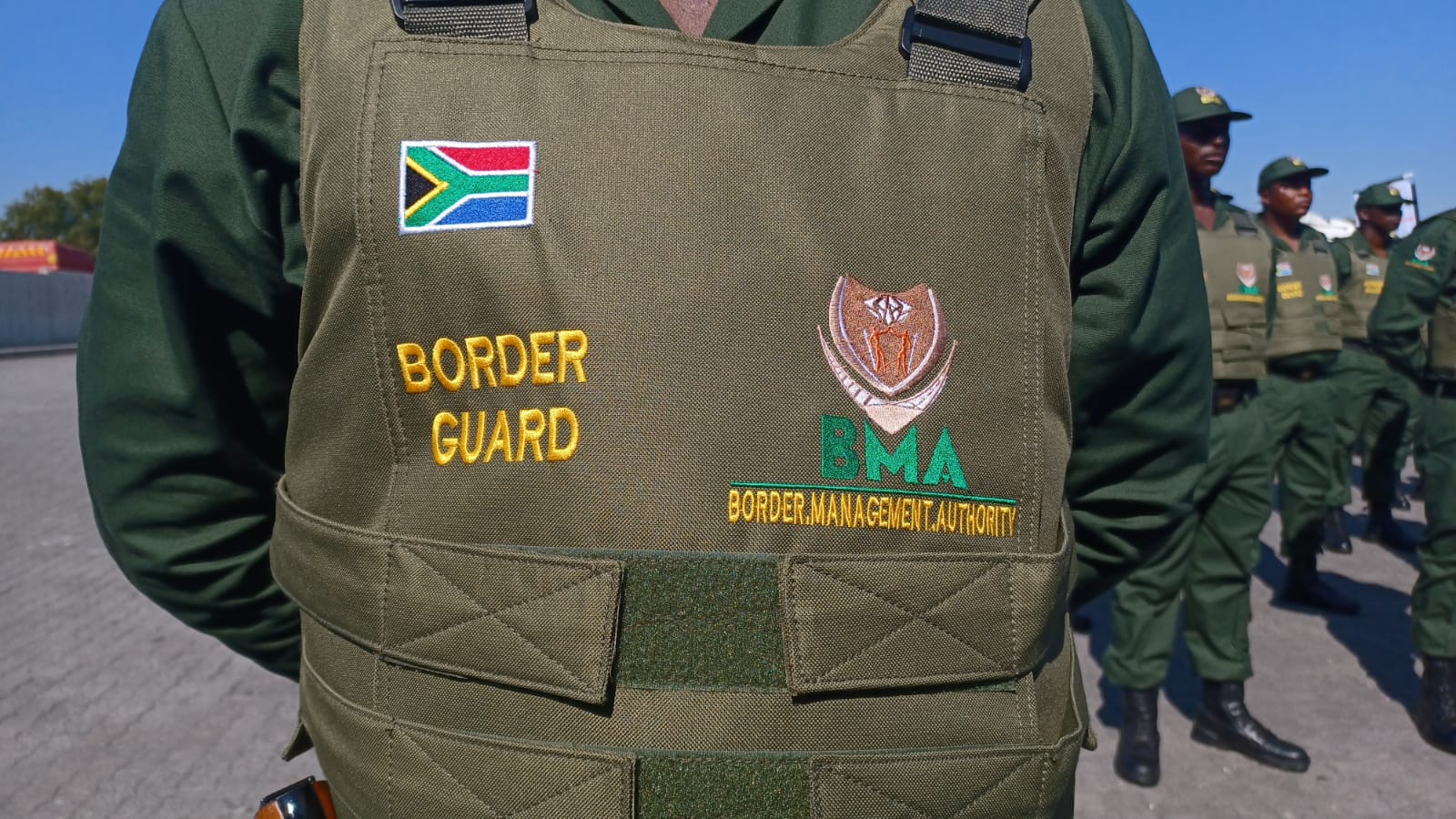South African border officials report intercepting dozens of buses carrying over 400 young children from Zimbabwe in an anti-trafficking operation. The children, all under the age of 8, were found travelling unaccompanied as they entered South Africa. The South African Border Management Agency commissioner, Mike Masiapato, described the incident as human trafficking and stated that the buses were denied entry, with the children being processed back into Zimbabwe.
While officials label this as human trafficking, an organisation representing foreign nationals in South Africa suggests that the children were likely en route to visit their parents working in South Africa for the end-of-year holidays. Many Zimbabweans, both legally and illegally, reside in South Africa, having migrated to escape economic challenges in Zimbabwe.
Ngqabutho Mabhena, chairperson of the Africa Diaspora Forum, highlighted that it is common for Zimbabwean children to travel to South Africa to visit their parents during the year-end period. He noted the issue of children being sent without proper documentation and emphasised the responsibility of parents to arrange the necessary paperwork for unaccompanied minors.
Approximately 178,000 Zimbabweans legally live and work in South Africa under an exemption permit, according to official figures. However, estimates suggest that the total number of Zimbabweans in South Africa, including those living there illegally, could be much higher, reaching up to 3 million.
The incident comes as South Africa intensifies efforts to address illegal immigration, launching a new border force in October to enhance border control measures. The complexities of migration and family dynamics between Zimbabwe and South Africa underscore ongoing challenges in managing movement across the border and ensuring the safety and documentation of those involved, particularly children travelling alone.

